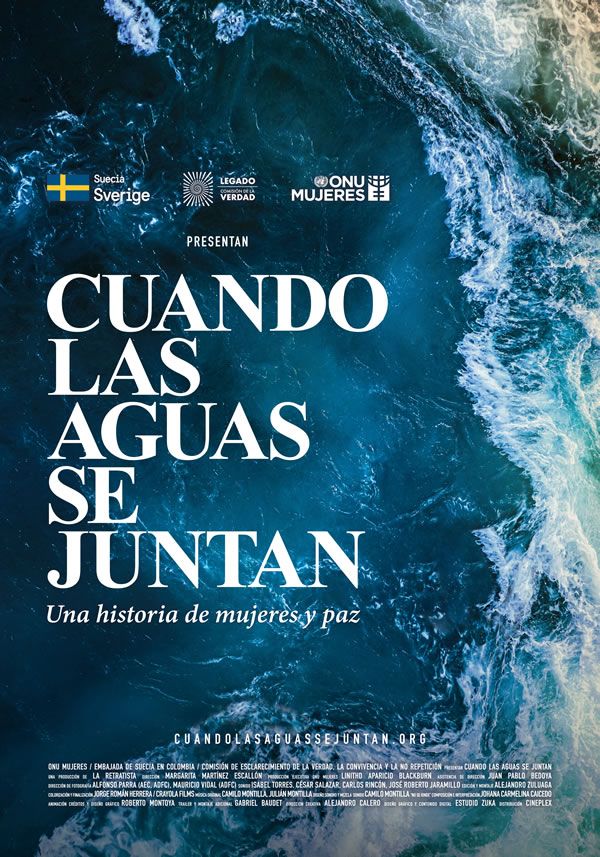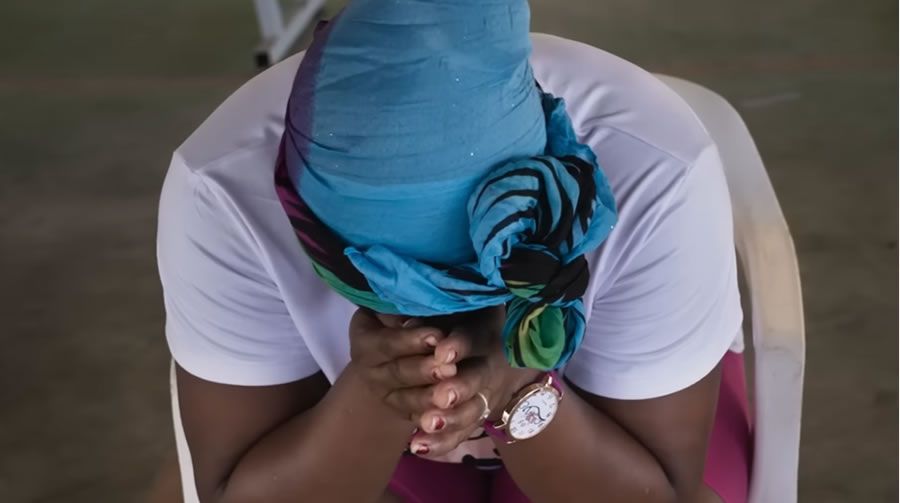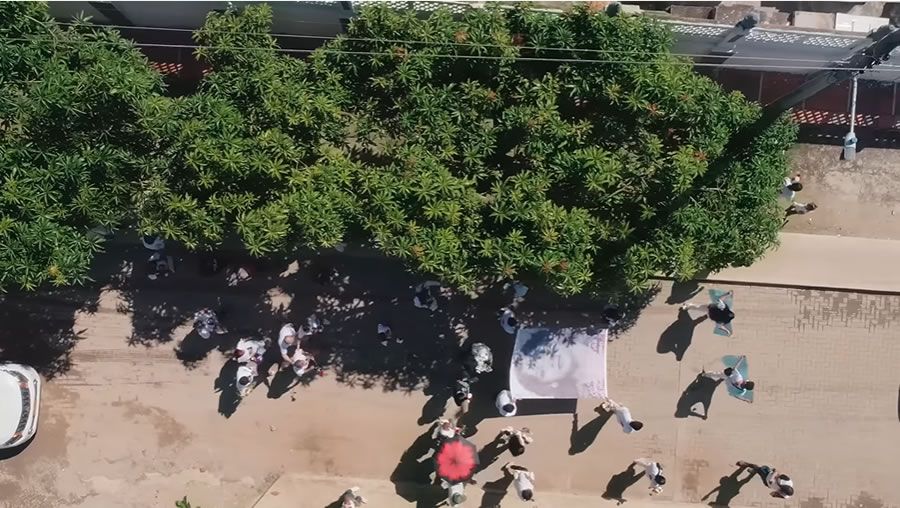06/08/2023
When Waters Flow As One: A Story of Women and Peace | Documentary by Margarita Martínez Escallón
The film directed by Margarita Martínez Escallón, "When Waters Flow As One: A Story of Women and Peace," premiered in March, the month of women. According to the recent report by UN Women Colombia, the organization that produced the film with the support of the Embassy of Sweden in the country, it has gathered over seven thousand viewers and has been screened more than 110 times nationally and internationally.
The documentary, featuring the testimonies of nearly 45 women, showcases the paths of change that women have taken to lead and make their valuable contribution to the peacebuilding process.
Brazilian theologian Leonardo Boff discussed in a remarkable 2011 text the concept of "denied femininity" as a consequence of entrenched power dynamics, where power is understood as an exercise of domination. He stated that "power as domination is a pathology."

Boff emphasized the need to rescue the principle of femininity in both men and women in order to break free from the paradigms surrounding masculinity and reconnect with the human side that cares for preserving life, fostering creativity, and spirituality, among other things.
This concept of "denied femininity," which goes beyond gender, resurfaces in the words of one of the few men featured in this film, referring to a feminist approach that does not promote competition with men but rather the discovery and recognition of what women contribute. The feature-length documentary "When Waters Flow As One," produced by UN Women, the Embassy of Sweden in Colombia, and the Truth Commission, aims to make visible a diverse group of women who, through different organizations, groups, networks, movements, and currents, have actively participated in the change in Colombia. Starting from their initial positions as victims, they have come to the rescue of femininity, as advocated by the Brazilian author.

Approximately 45 women participated in "When Waters Flow As One: A Story of Women and Peace," and many of those who testify in the film have something in common: they have personally experienced the pain and consequences of violence in Colombia. Directed by Margarita Martínez Escallón, this piece can be seen as a tribute to a group of courageous women who, after overcoming their fears and grief, being persecuted, or leaving everything behind, sought ways to no longer tolerate abuse and demanded rights for themselves and others. The title of the film comes from one of its protagonists, who states that "women, like waters, grow stronger when they come together."
Taking into account several women from different areas of the country affected by the conflict, both rural and urban, the documentary provides a concise and not tedious overview of how women's rights have been undermined, ignored, and violated from their own bodies, their capacity to make decisions, and their family nucleus during 60 years of war. In this sense, the film reminds us of painful episodes such as the forced recruitment of girls by armed groups, the systematic rape carried out by leaders of these illegal organizations, displacement, and extrajudicial killings. It provides a context of six decades of conflict and then focuses on the process that women have undergone, which is part of the feminine global awakening that is leading to new ways of observing women, dialogue, and interaction. While the struggle for this reclamation still generates certain rejection and pockets of violence against women, the change is becoming imminent.

The documentary shows how this group of the population appropriated United Nations Security Council Resolution 1325, enacted 22 years ago, to participate in the negotiation tables of the Peace Process with the FARC, which officially ended with the signing of the agreement in 2016. This resolution specifically recognized the disproportionate effects that the conflict has had on women and girls worldwide and urged states to consider them in decision-making to prevent its recurrence.

At the time of the film's release, Bibiana Aído Almagro, Representative of UN Women in Colombia, commented on this project, saying, "The tireless struggle of all women and their organizations, which we see reflected in the documentary, is a testament to the transformative power that women have in society. Without their determination, the Colombia we see today—plural, inclusive, with clear intentions for peace, and committed to the rights of women in all their diversity—would not be possible."
Part of this article was published by Sandra M. Ríos in the newspaper El Nuevo Siglo on March 16, 2023.
<< Go to Spanish version
